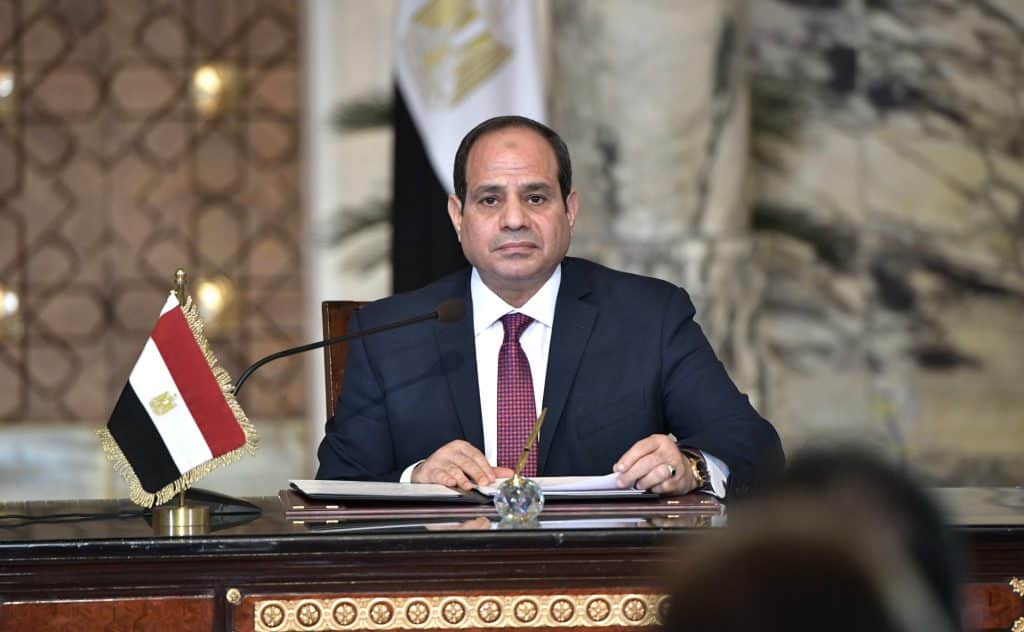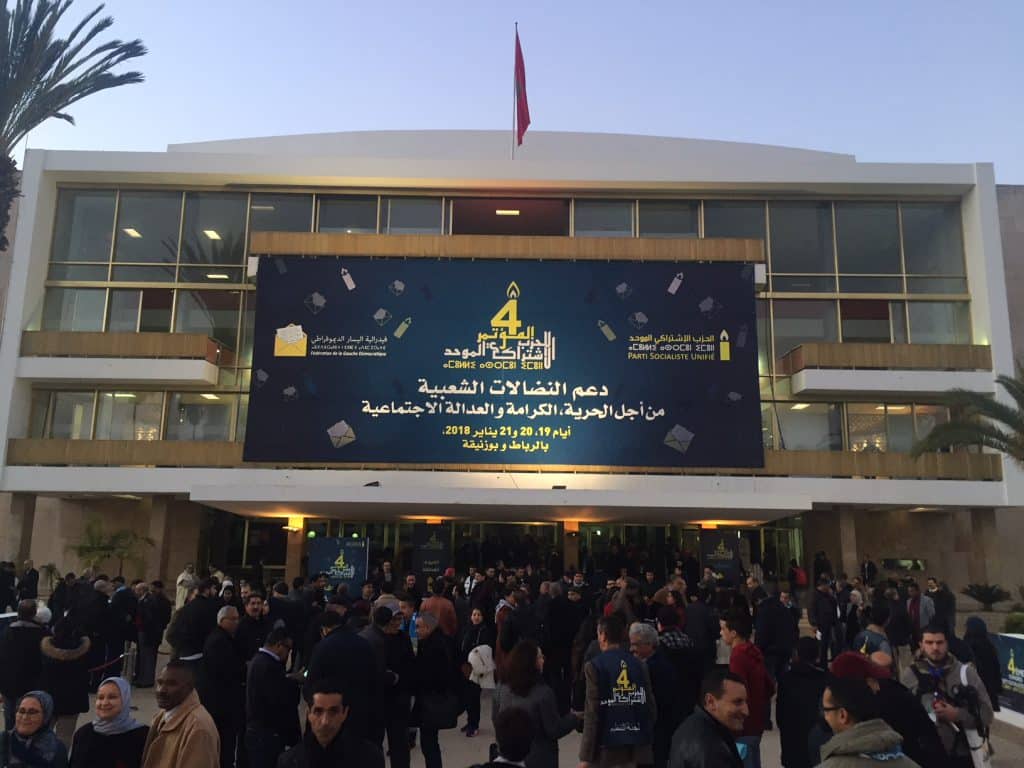Presidential elections put further pressure on human rights Egypt

"Combating terrorism is a human right, a new right that I am adding to human rights in Egypt." With these words, President Sisi of Egypt defends his repressive policies. In the run-up to the presidential elections, the situation is deteriorating by the day. Political activists are threatened, tried and imprisoned. Many of them face years in prison or even the death penalty. Sisi is pursuing this offensive policy to, he says, arm the country against terrorism. The price paid for this is high, too high. Freedom of expression, association and information are curtailed time and again, and any opposition is crushed.
Moroccan Unified Socialist Party holds first party congress in seven years

Sunny Rabat and Bouznika were the setting for the fourth party congress of the Unified Socialist Party (Parti Socialiste Unifié, PSU) from 19 to 21 January. An important congress, as it voted on the party's direction and the leadership of Nabila Mounib, the only female party leader in the Arab world. The Max van der Stoel Foundation has been organising training courses for activists and politicians of this leftist and progressive Moroccan party for just under a decade.

